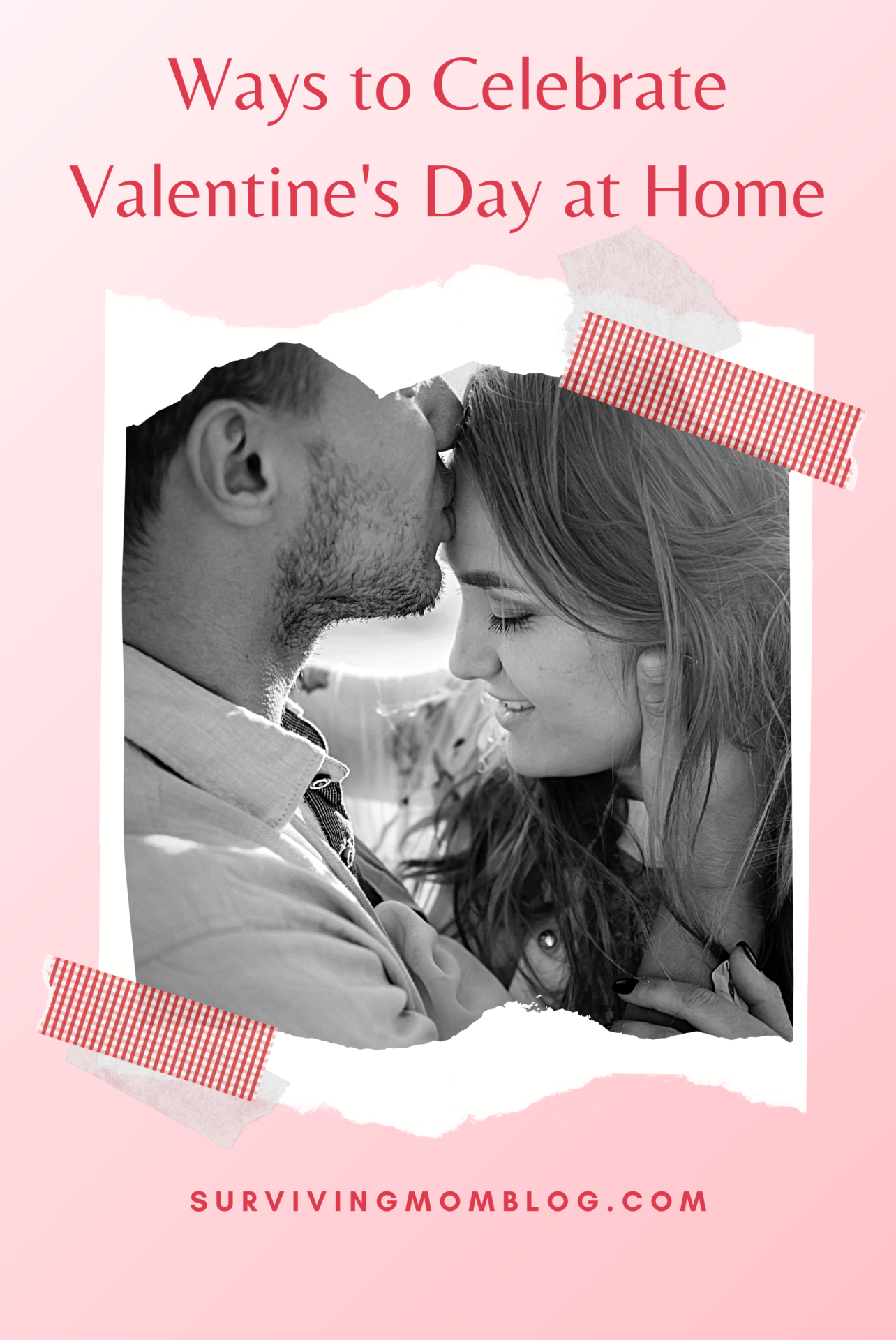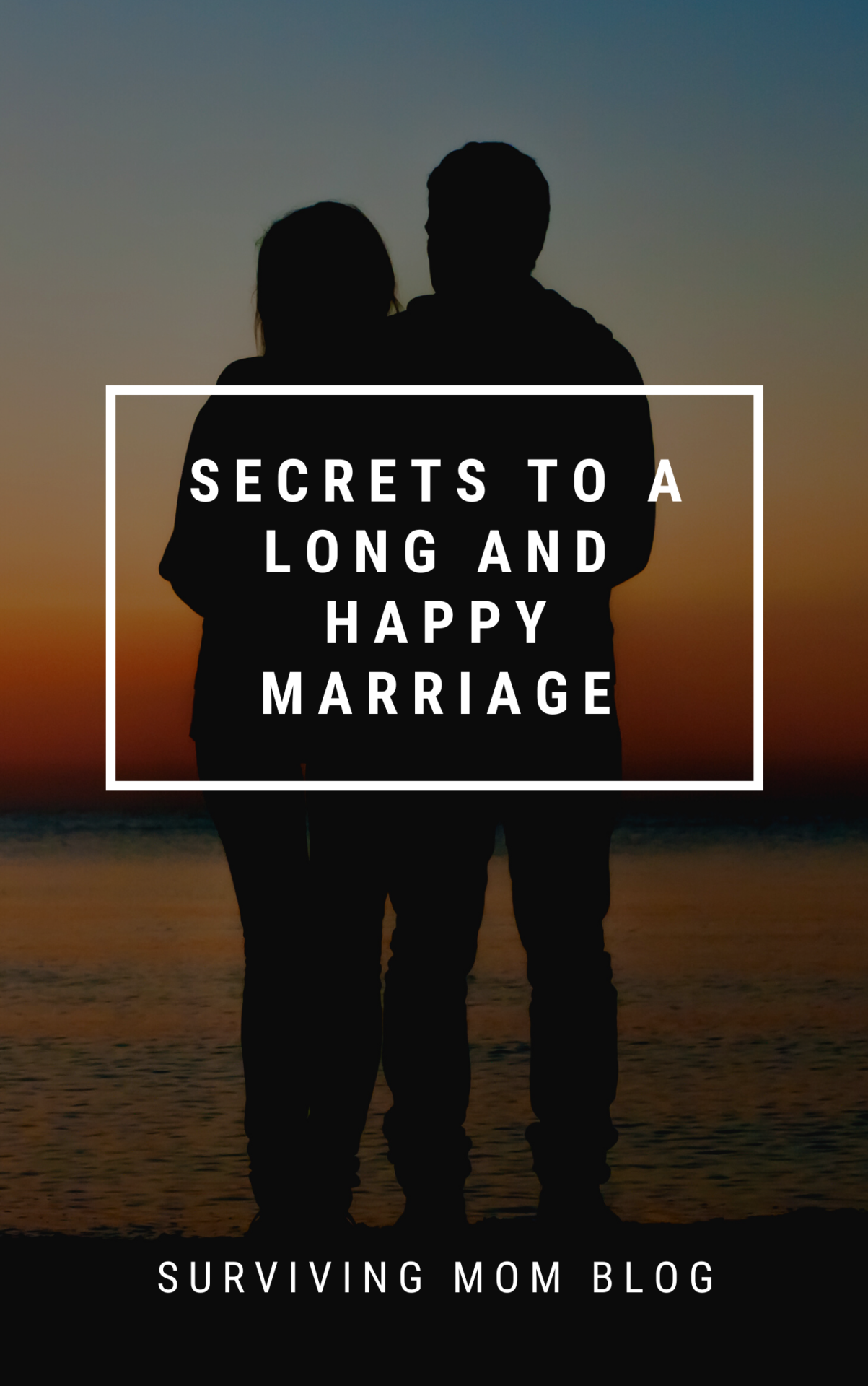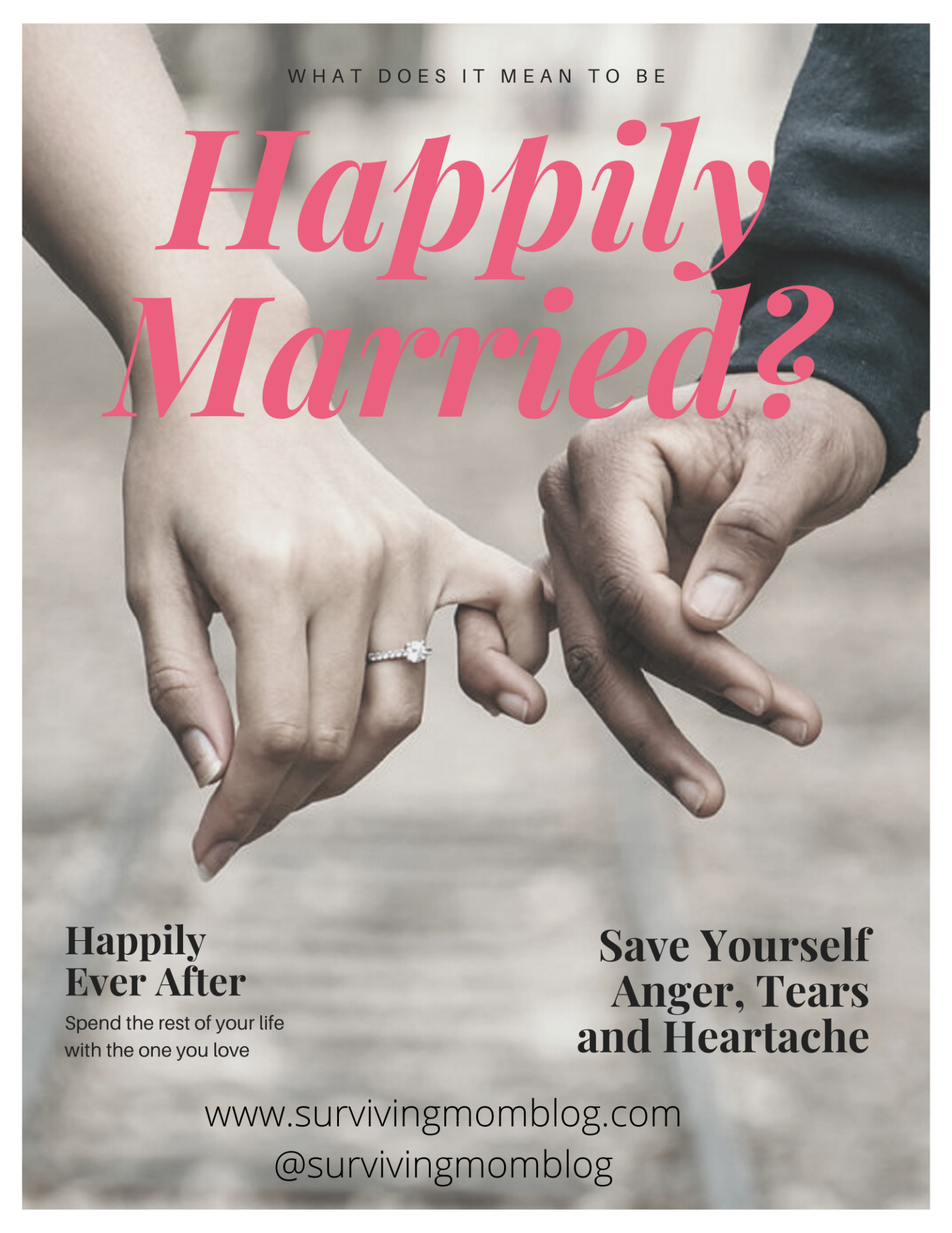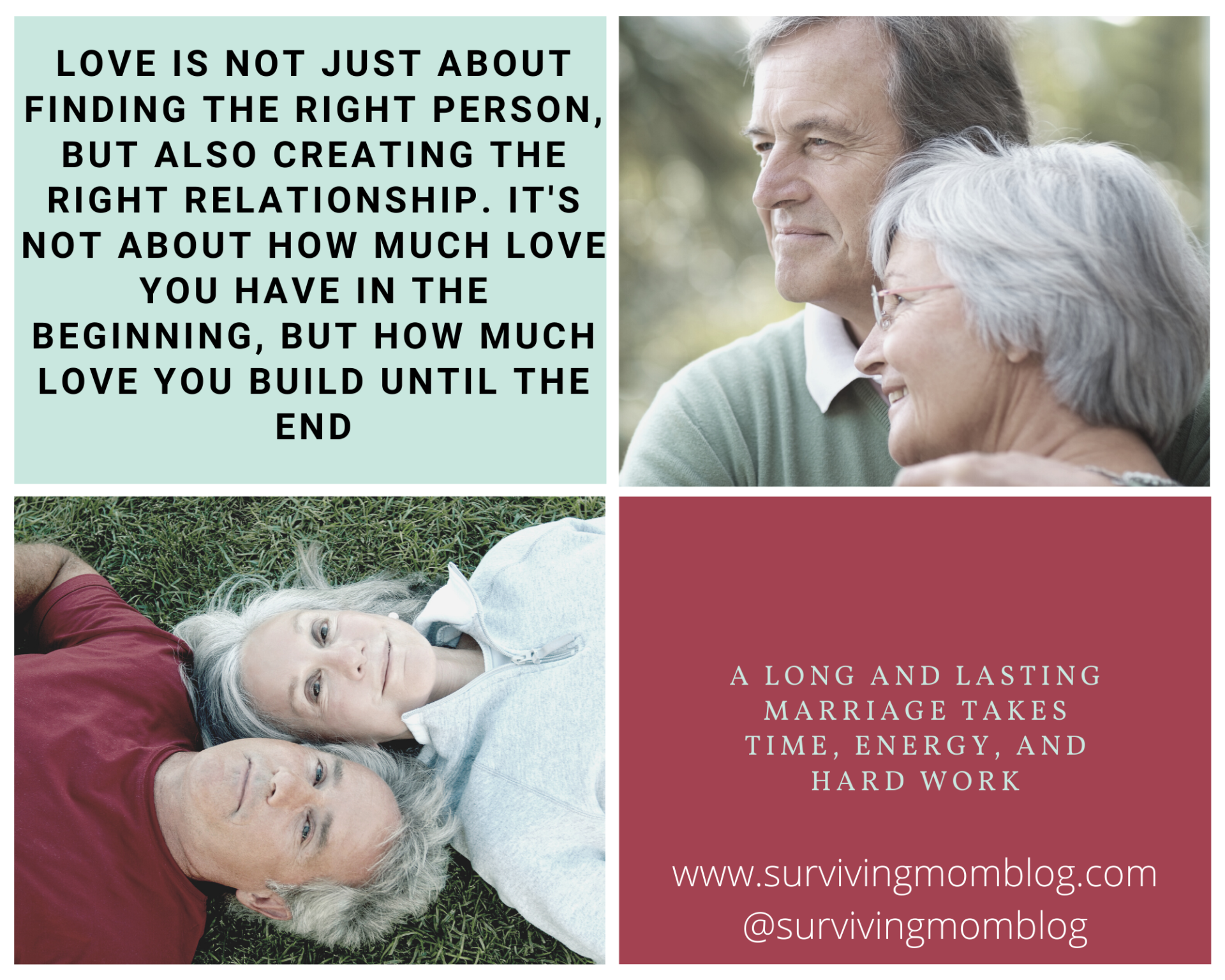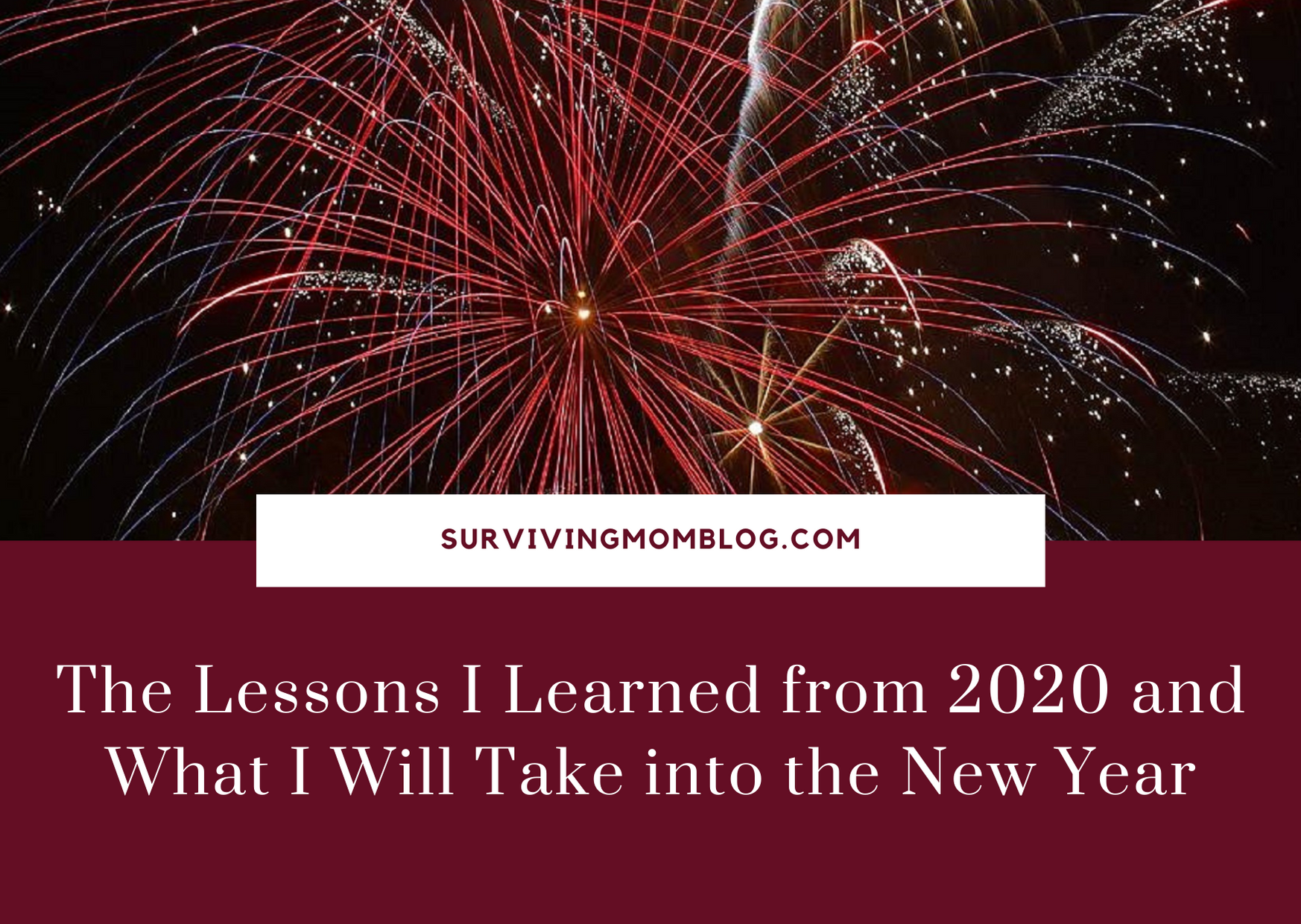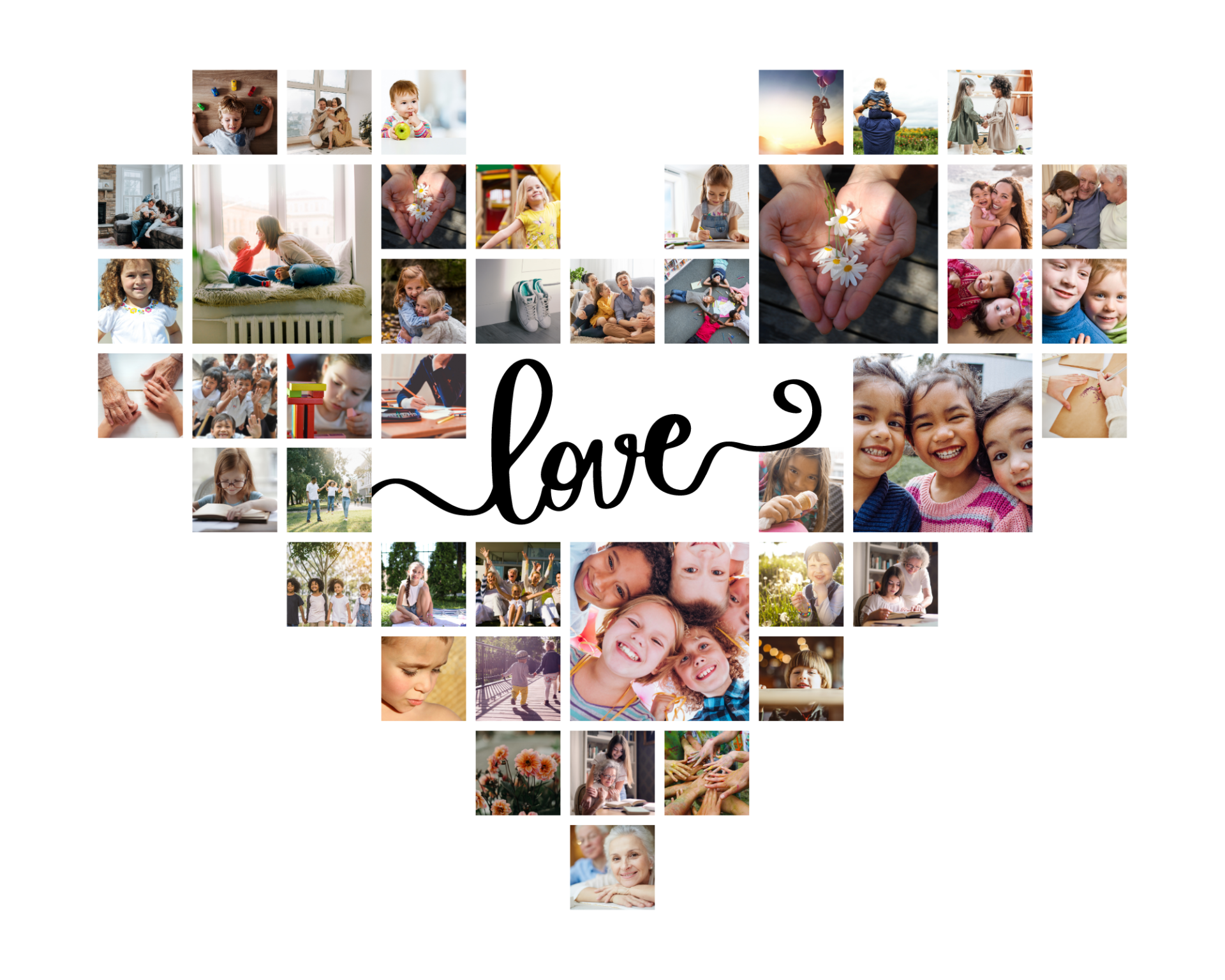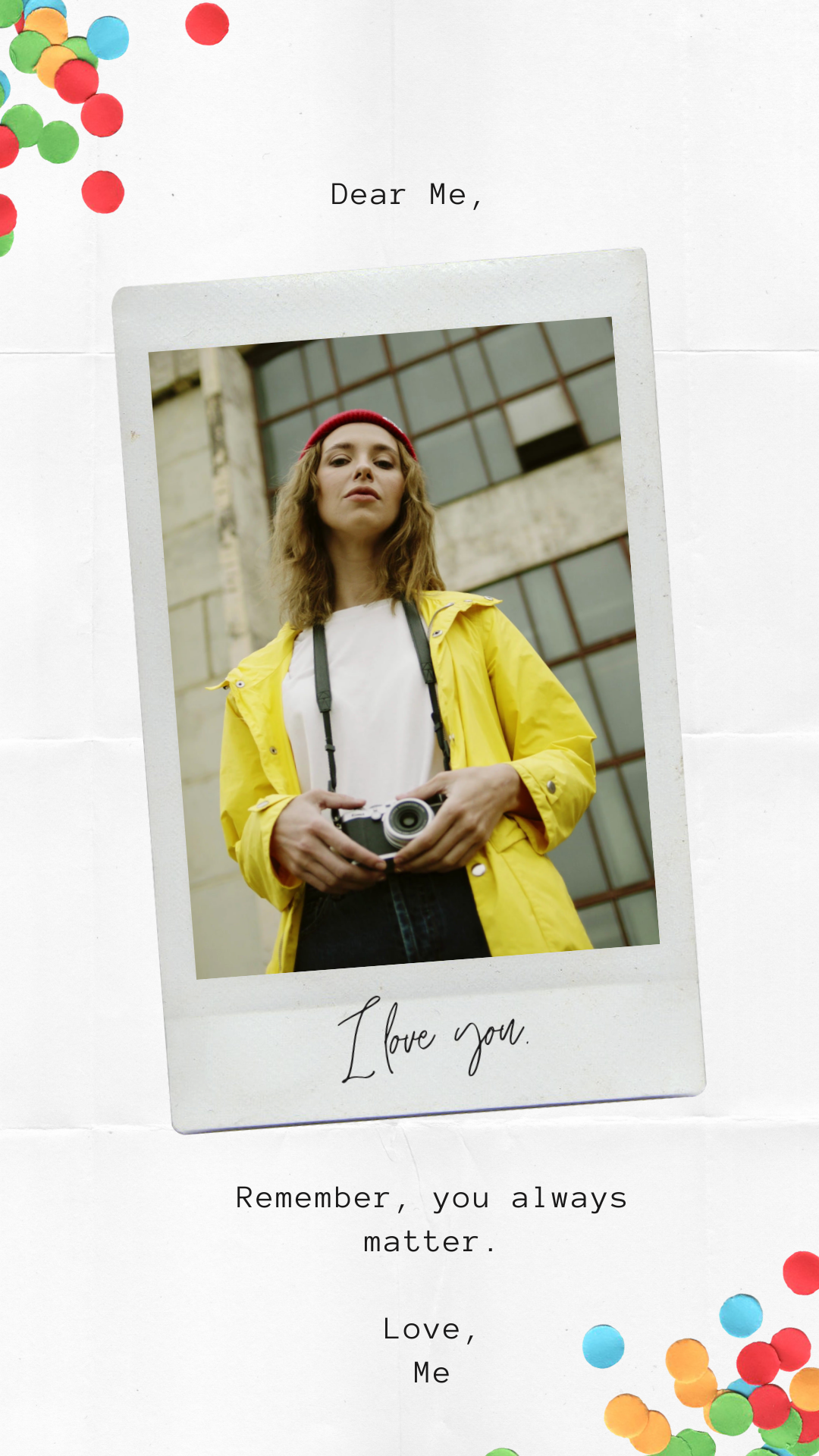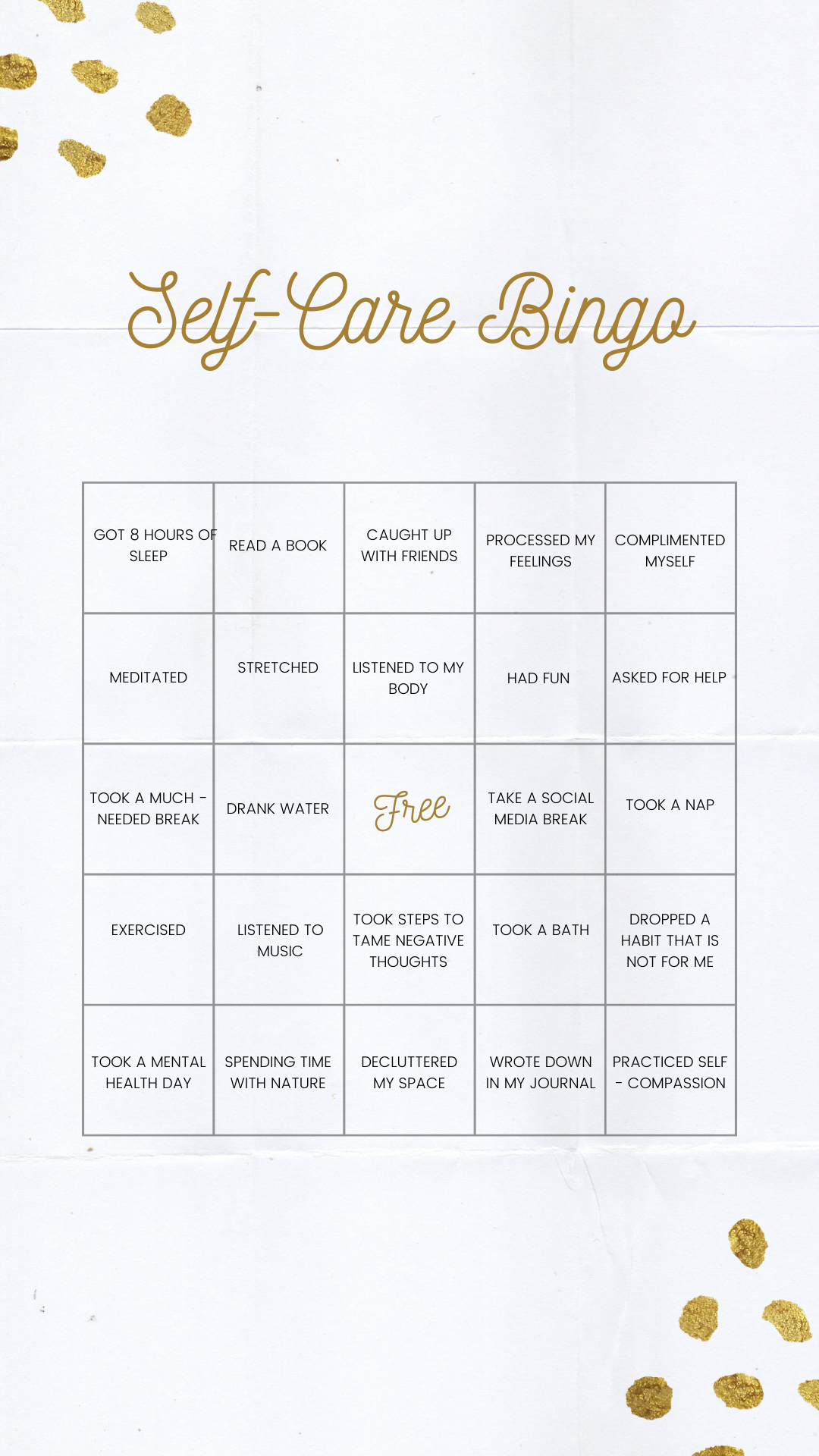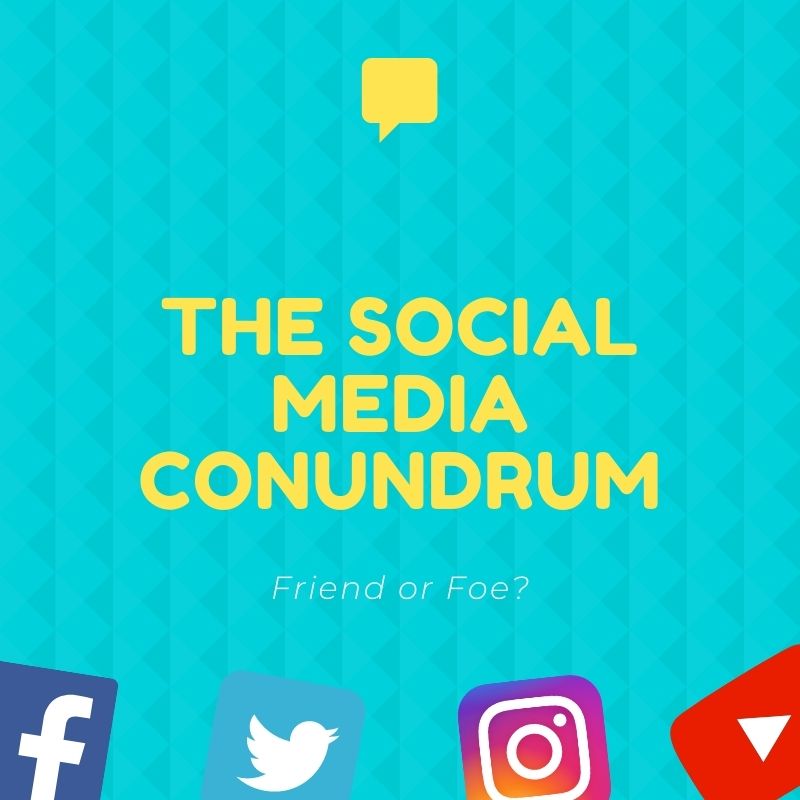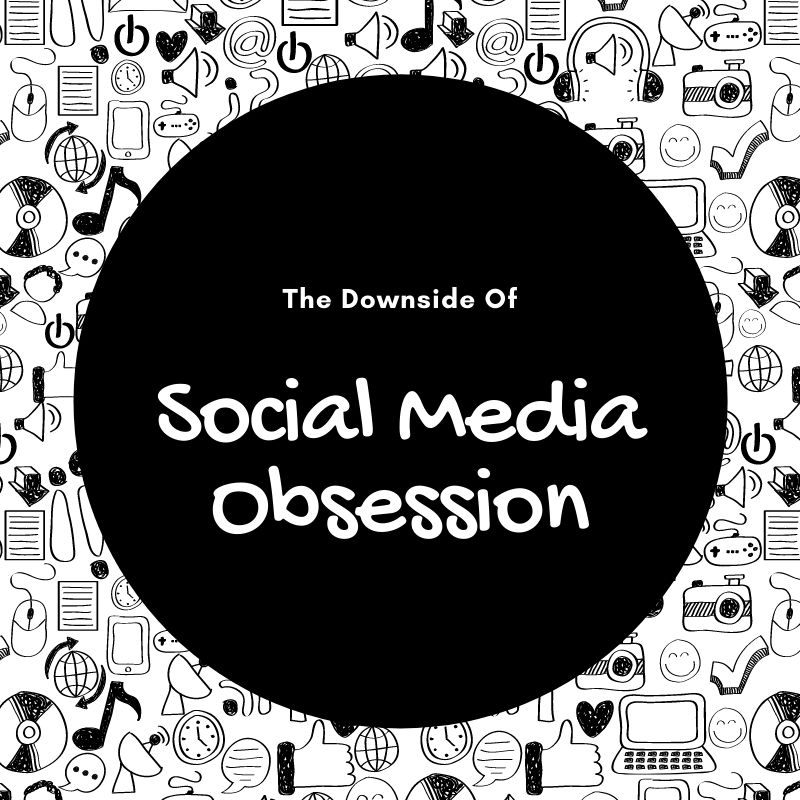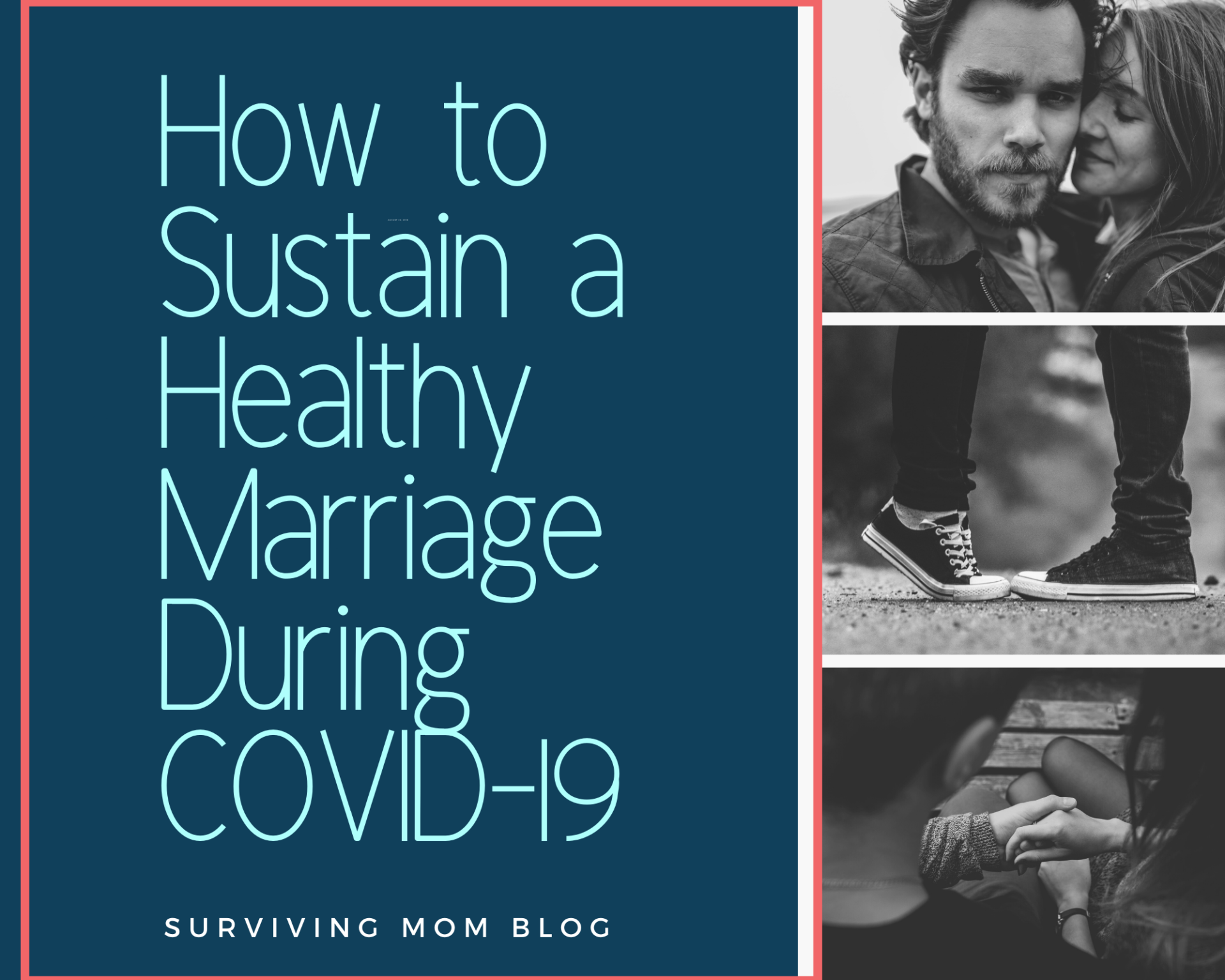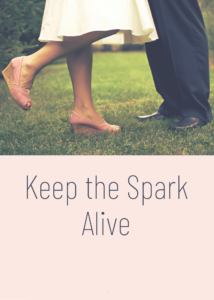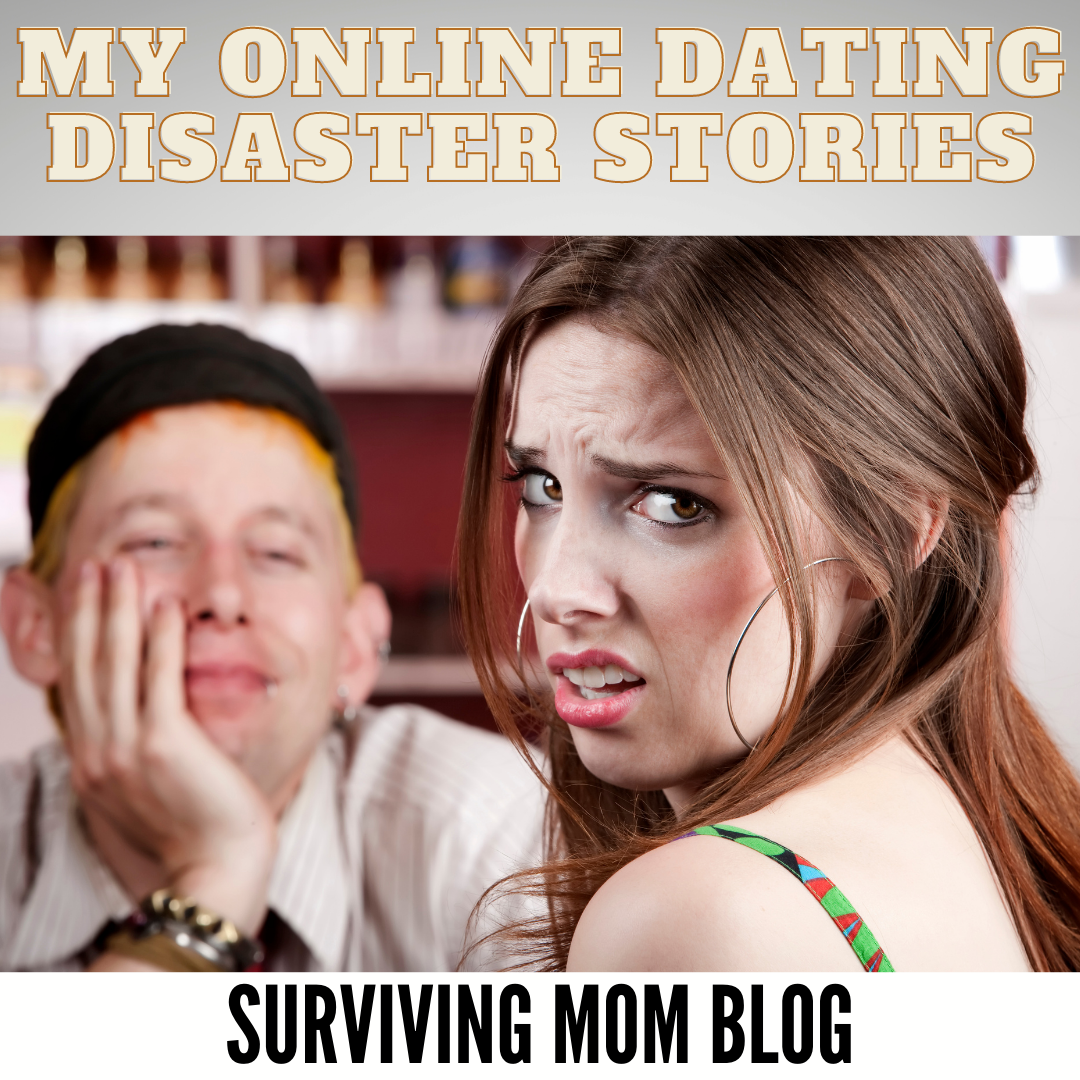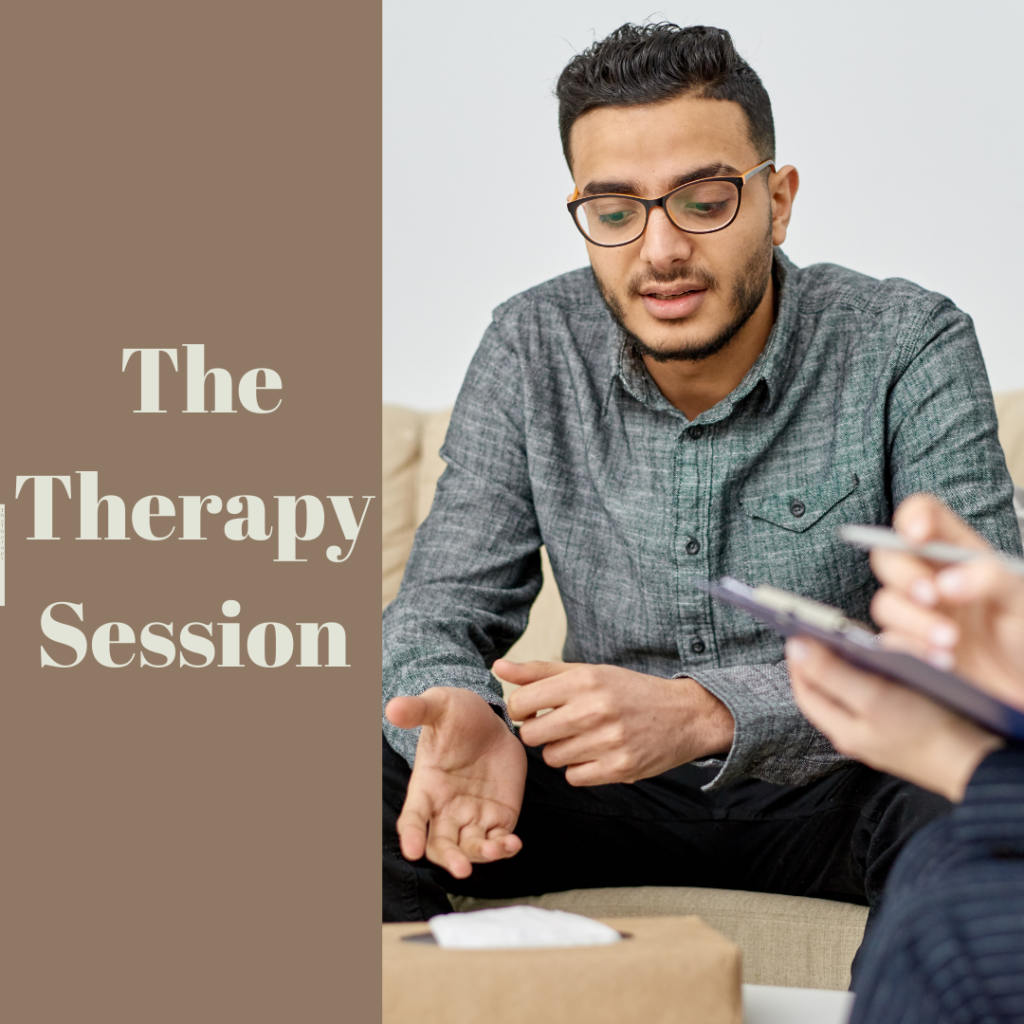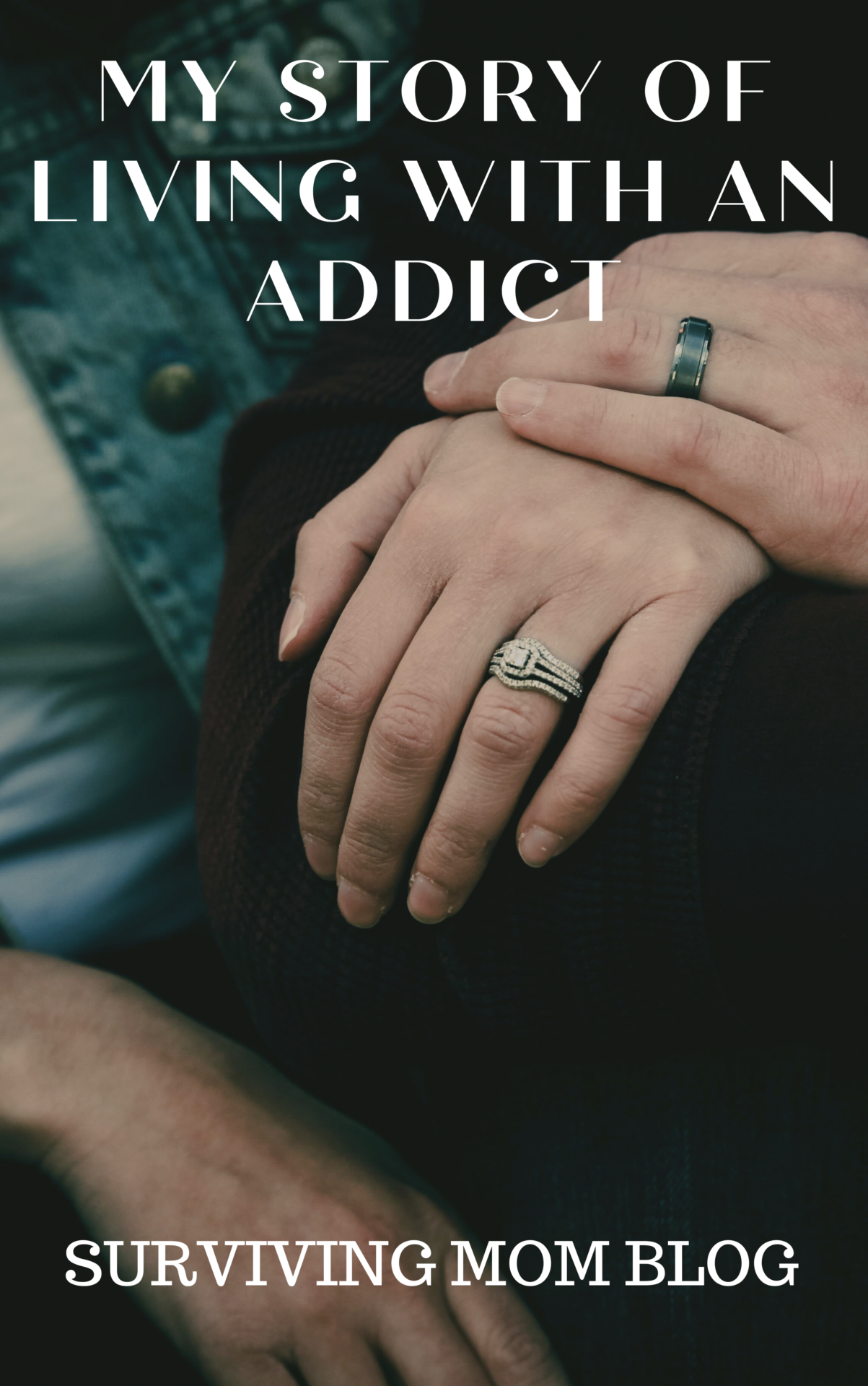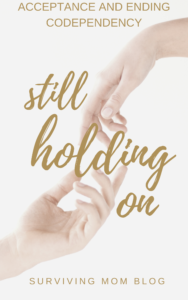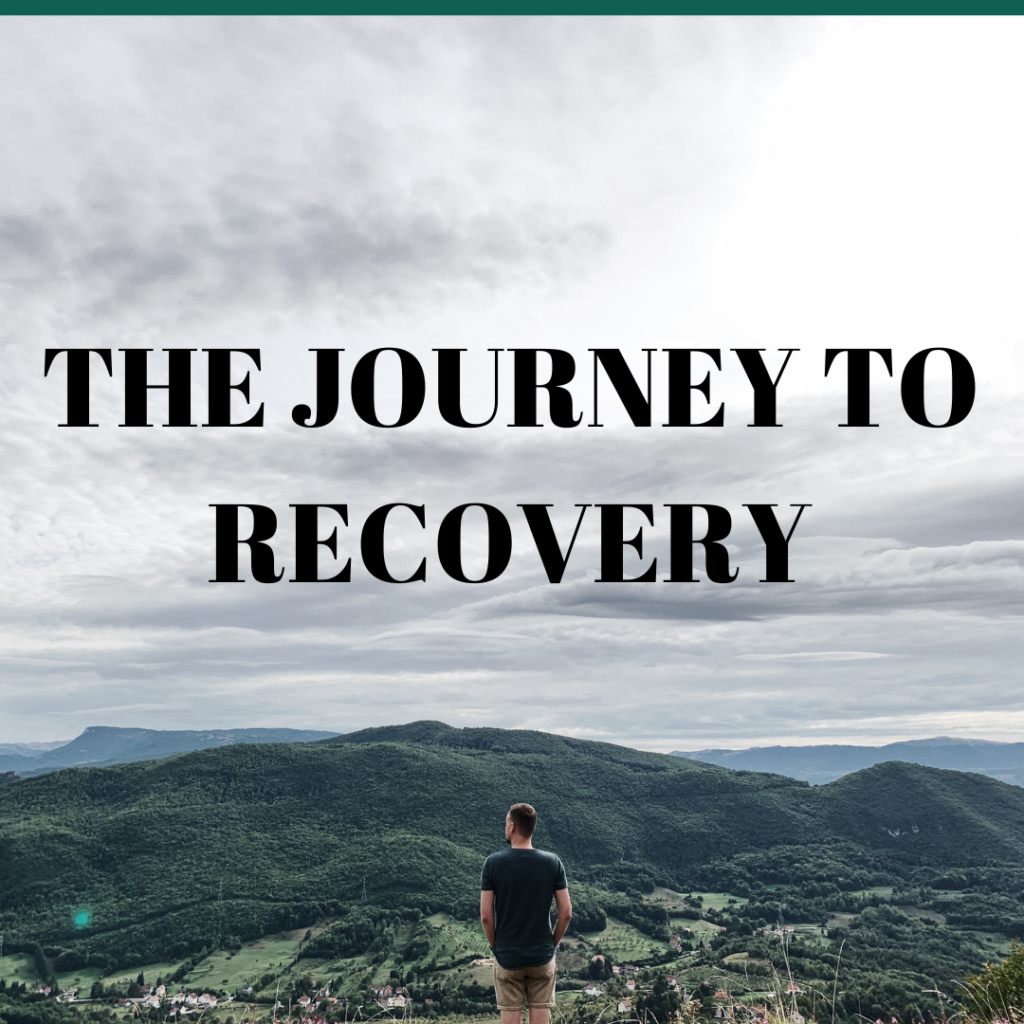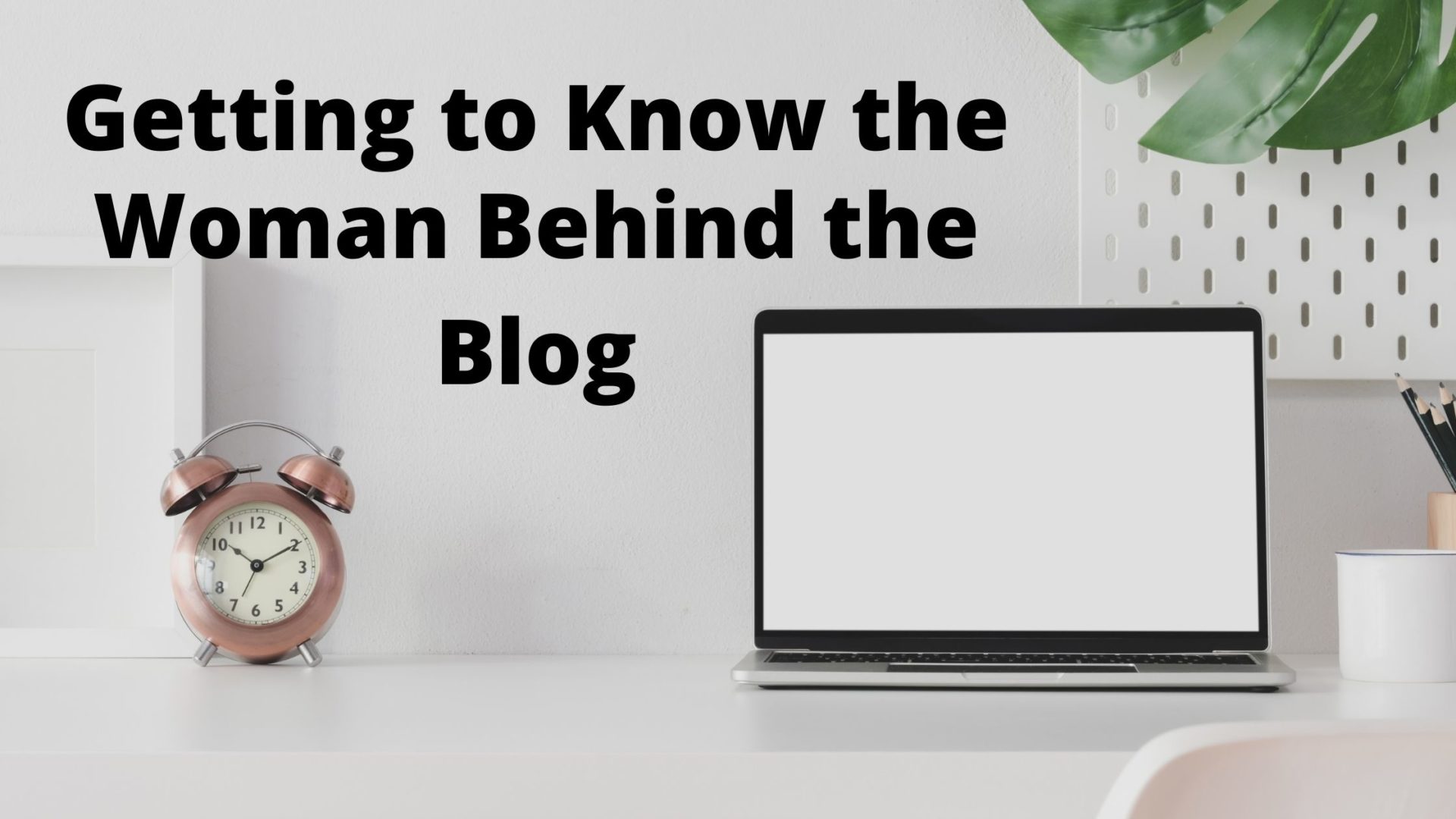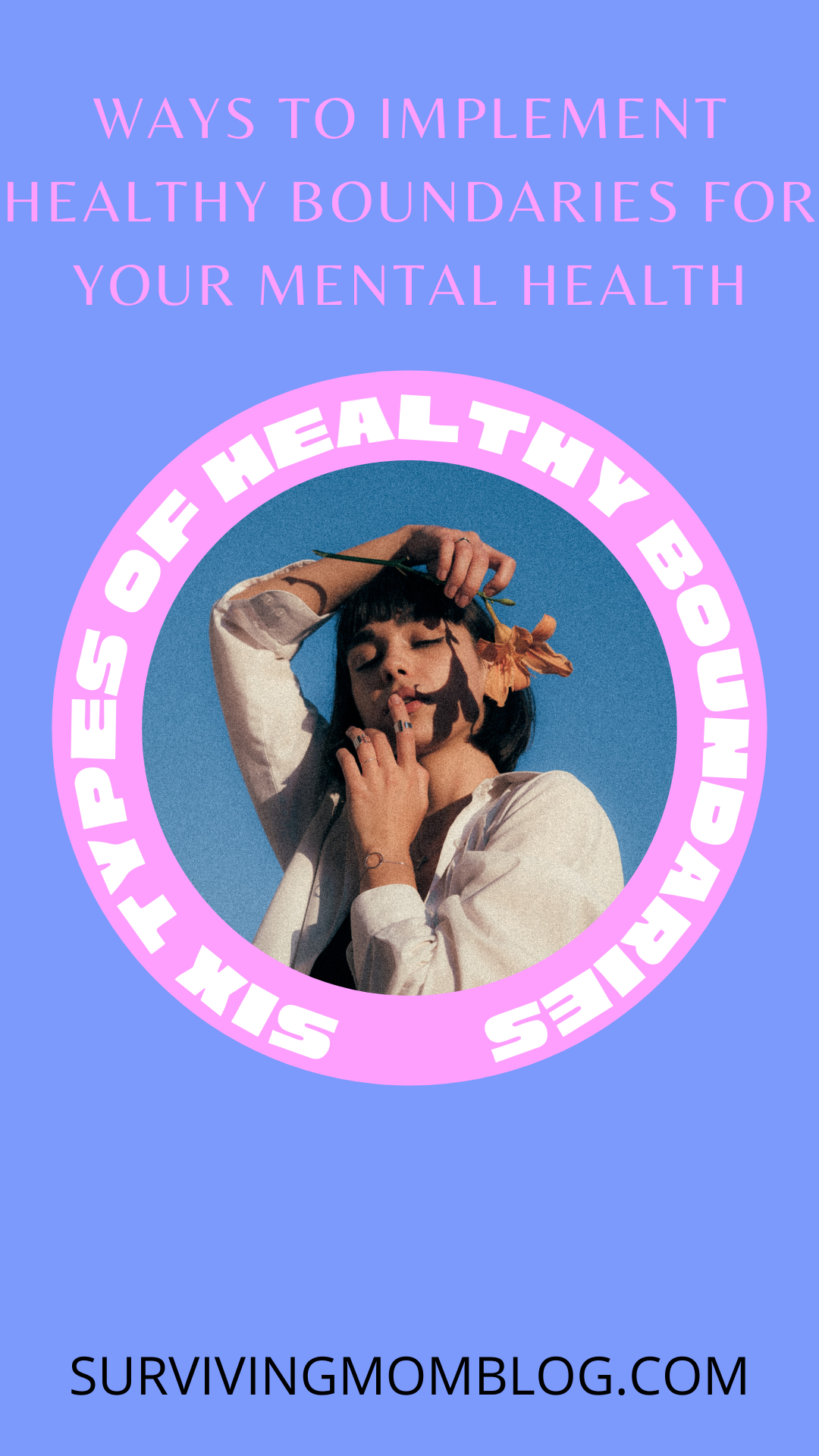
Boundaries. A word that holds so much importance, but is so often misunderstood. The reality is that implementing healthy boundaries is crucial for your mental health. Additionally, they allow you to have healthy relationships and protect your mental, emotional, and physical well-being.
The Importance of Implementing Healthy Boundaries for Your Mental Health
Boundaries have a bad rap. People feel uncomfortable with the idea of setting boundaries. Additionally, they feel boundaries are giving ultimatums or telling people what to do. The truth is, without boundaries there is likely to be burnout, anger, and resentment. You cannot have a healthy relationship without implementing healthy boundaries. Period.
Boundaries allow for healthy relationships because you are deciding what is best for yourself. In other words, you are focusing on your identity and not holding yourself accountable for others. Equally, others are not responsible for you. This prevents codependency and other unhealthy or toxic behaviors.
Setting healthy boundaries allows you to prioritize your non-negotiables. This in turn promotes putting your mental health and wellness first. Boundaries are a necessary form of self-care. In order to love yourself, healthy boundaries are needed.
Recognizing Healthy Versus Unhealthy Boundaries
As explained above, implementing healthy boundaries allows for improved mental wellness and promotes healthy relationships. That said, not all boundaries are healthy. A boundary is unhealthy if you keep a distance from others to protect yourself from getting hurt, are afraid to say no, and/or accept disrespectful behavior or comments that don’t honor your core-values and needs. Unhealthy boundaries also take place when too much personal/private information is shared, you rely on others’ approval before making decisions or stating an opinion, and/or your sense of self is based on how others treat you. “In other words, healthy boundaries can be the difference between a healthy, happy relationship and a toxic, dysfunctional relationship” (positivepsychology.com, 2020).
HOW TO SET HEALTHY BOUNDARIES FOR YOUR MENTAL HEALTH
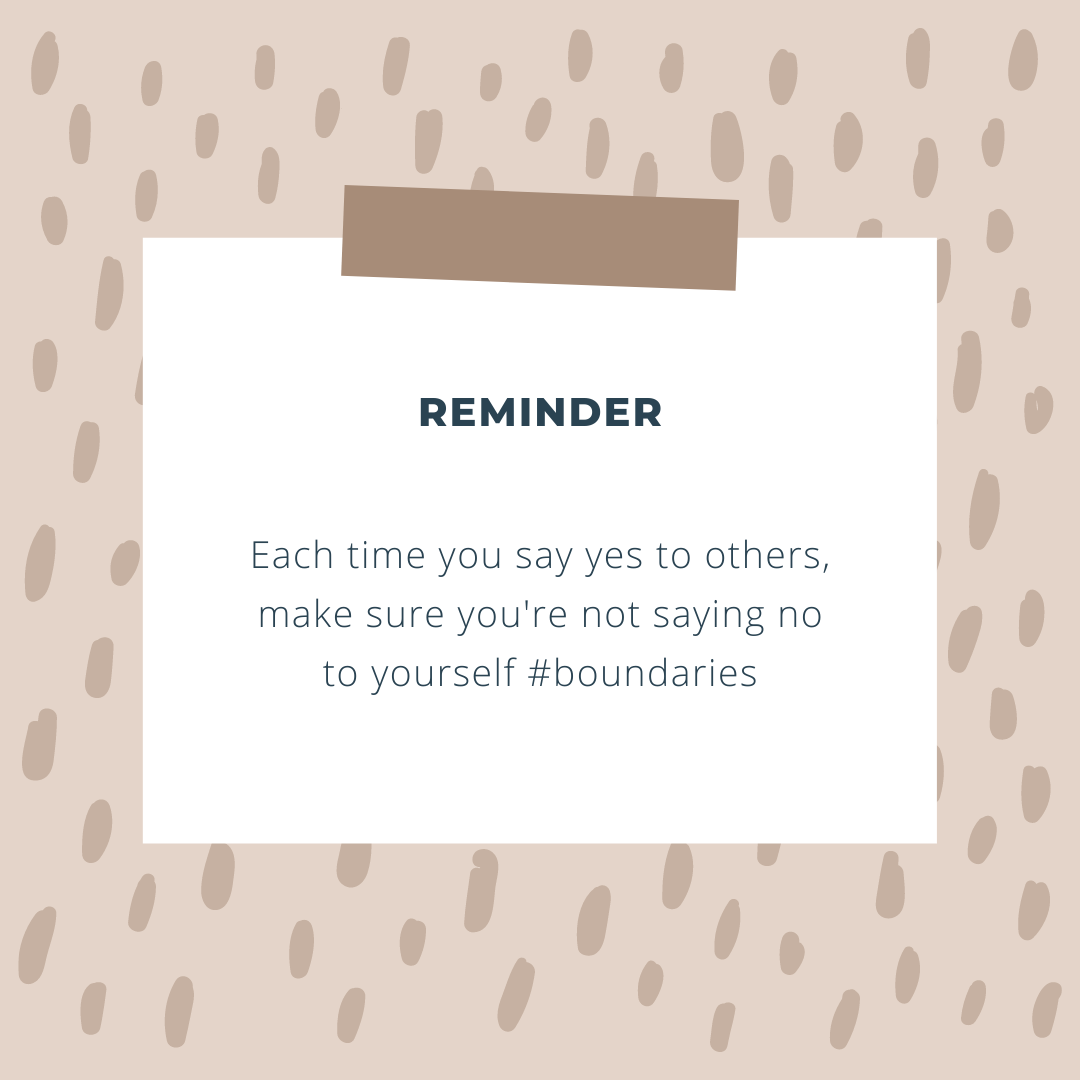
Now that you have a better understanding of why healthy boundaries are crucial, the next question is how to set boundaries.
Here are things to keep in mind to implement healthy boundaries (psychcentral.com, 2016):
(1) Tune into your feelings and ask yourself what you want and need from your various relationships.
This includes romantic relationships, friendships, children, family members, and co-workers. What goes on in these relationships that makes you feel resentful or uncomfortable? Those are likely the things that require boundaries.
(2) Figure out what your core values are.
In other words, what matters to you most? What are your non-negotiables/limits?
(3) Examine your current boundaries (if any), if they need to be applied to other relationships, or if they don’t accurately reflect what you need.
(4) Start small.
Pick something that isn’t as stressful for you to set, and then work your way up to more difficult boundaries.
(5) Make sure to clearly communicate your expectations.
You want to ensure that there are no misunderstandings.
(6) Do not apologize for your boundaries and try to be as concise as possible.
It is not necessary to go into great detail and justify yourself. You can state why the boundary is important to you. However, boundaries are not asking for permission. People don’t have to agree with your boundaries, but they do need to respect them.
(7) Remember to say “no” if you feel uncomfortable or to prevent a violation of your limits.
Alternately, be respectful of other people’s needs and if they say “no” to you, as long as they are not violating your boundary in the process.
(8) Try to keep the focus on yourself and your needs rather than focusing on what someone else’s actions.
For example, “I will not pick up the phone after 10pm” rather than saying, “Stop calling me so late.”
(9) Consistency is everything.
Don’t set a boundary unless you are going to follow through with it.
(10) Remember that setting healthy boundaries may be uncomfortable to you at first.
You might feel guilty about setting boundaries. You may feel that you are hurting someone’s feelings or are being disrespectful. Change is hard, and your hesitancy is understandable, especially in environments that don’t embrace boundaries. For some, lack of boundaries is all that is known. It might be an adjustment, but with time, it will get easier.
(11) Prioritize yourself.
Remember to put yourself first. Additionally, be mindful of your well-being to set and maintain boundaries. Remember that implementing healthy boundaries is for your mental health and will improve the quality of your relationships.
Types of Healthy Boundaries
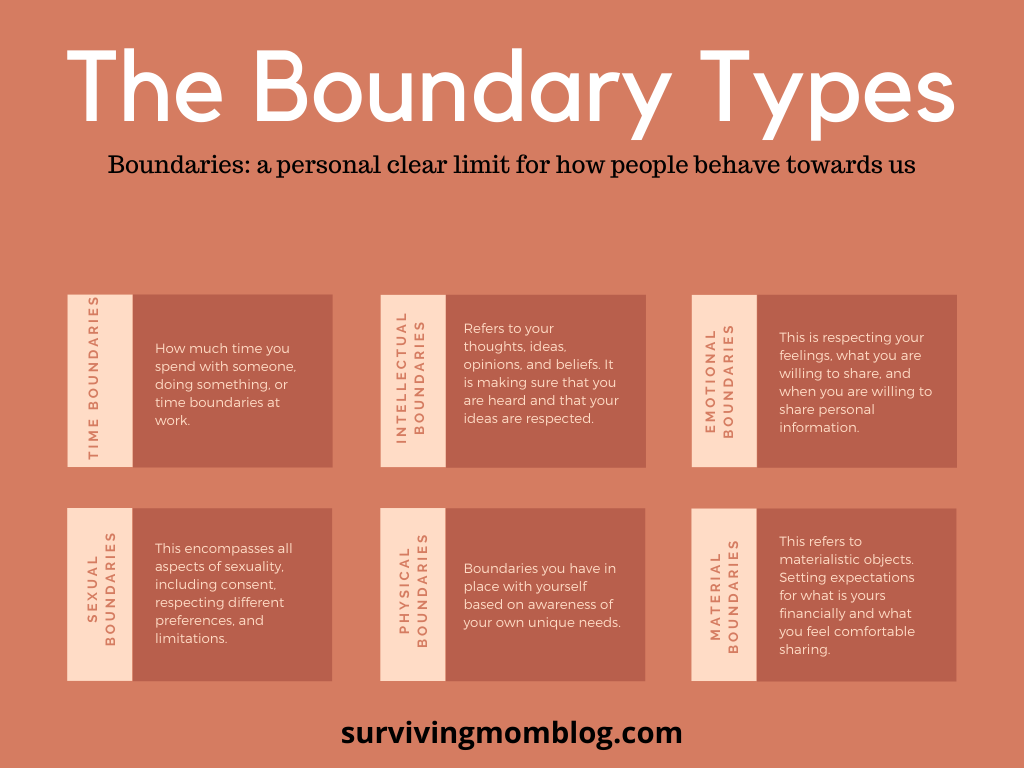
Setting boundaries will vary based on various relationships (coworker versus spouse), but all relationships need each of these boundary types (mindbodygreen.com, 2019).
Physical Boundaries
This incorporates your need for personal space, whether or not you want to be touched, and your privacy.
Examples of physical boundaries are:
“I need 30 minutes to myself after I get home from work.”
“I don’t like kissing in public.”
“This room is off-limits for other people.”
“I don’t tell my daughter to hug people. That is her choice.”
Intellectual Boundaries
This refers to your thoughts, ideas, opinions, and beliefs. It is making sure that you are heard and that your ideas are respected, even if they vary from others. It also means stating when you feel comfortable or uncomfortable discussing something.
Examples of intellectual boundaries are:
“I don’t like discussing politics.”
“I think it is better to discuss this when the kids are asleep.”
“We have different opinions, and I’d like to be able to state mine as well.”
“I won’t continue this conversation if I am talked over.”
Emotional Boundaries
This is respecting your feelings, what you are willing to share, and when you are willing to share personal information.
Examples of this are:
“Are you able to talk? I am struggling right now.”
“You seem upset, but I am upset too. I need a few minutes to calm down before we sit down and talk about this.”
“I don’t need you to agree with my feelings, but I do need them to be listened to with empathy.”
Sexual Boundaries
This encompasses all aspects of sexuality, including consent, respecting different preferences, and limitations.
Examples of this include:
“I will only have sex with a condom.”
“No. I don’t feel comfortable doing that with you.”
“Please keep your hands to yourself.”
“I am not in the mood for that tonight.”
“I really like __________. Is this something you’d feel comfortable doing with me?”
Material/Financial Boundaries
This refers to money and materialistic objects. Setting expectations for what is yours financially, what you feel comfortable sharing, and how your items should be treated all encompass this boundary type.
Examples include:
“I am not able to loan you money.”
“If you borrow my car, I want it returned in the same condition in which I loaned it to you.”
“I lent you my dress, and it was returned with a stain. I will not loan it to you again until it is taken to the dry cleaners.”
Time Boundaries
This includes how you use your time and how much time you spend with others or doing things. You need to prioritize your time and who you spend it with. This is necessary in order to set and maintain healthy boundaries for mental wellness. Failure to do so will result in overcommitting and feeling overwhelmed.
Examples of this type of boundary are:
“I can only stay for 20 minutes.”
“I have other obligations, so I can’t volunteer for this event.”
“In order to spend uninterrupted time with my wife, I do not talk on the phone after 8pm.”
Implementing healthy boundaries for your mental health is not optional. It is crucial for your mental, physical, and emotional wellness, and for any type of relationship. This should be considered a part of your self-love and self-care practice. Just as you cannot pour from an empty cup, you cannot prioritize your needs and limits without setting boundaries.
Only you can determine what boundaries to set, and what happens if those boundaries are not respected. Depending on severity, it may vary from reinstating your boundaries more assertively to ending a relationship. Show compassion for yourself as you learn to implement boundaries, and remember that it is necessary to respect the boundaries of others as much as others should respect yours.
